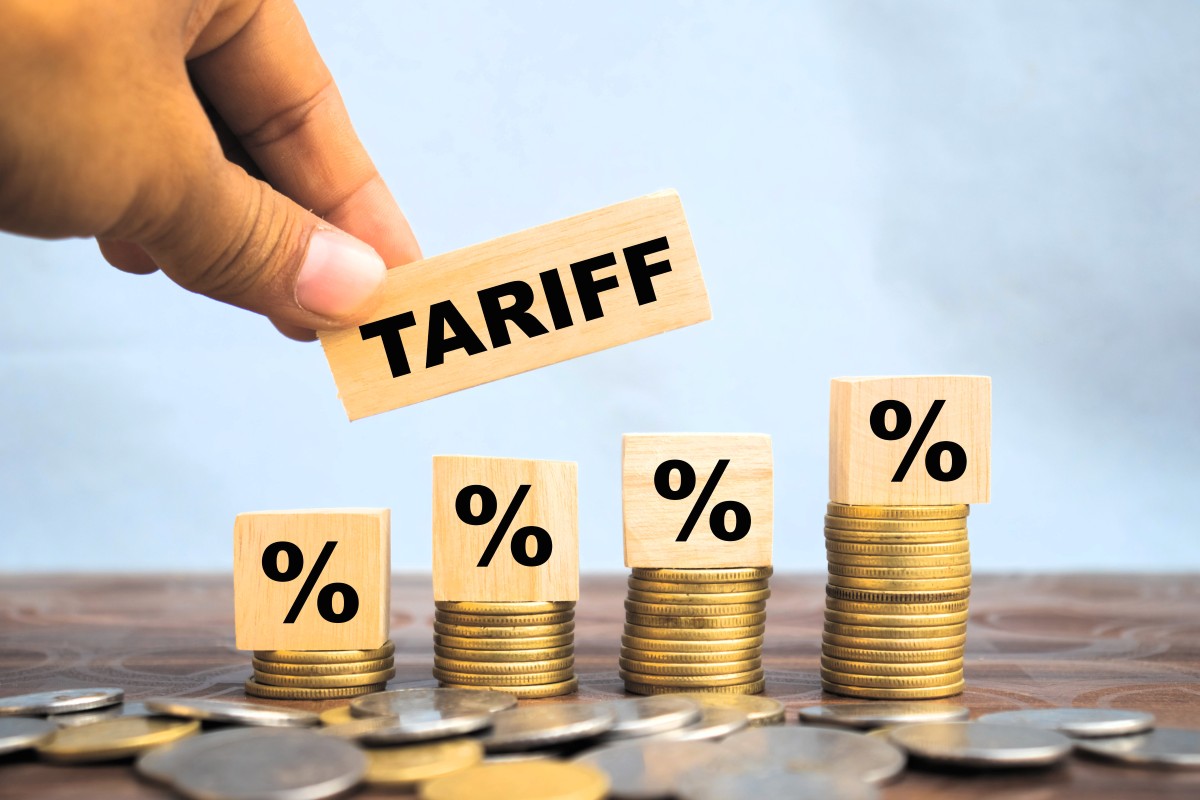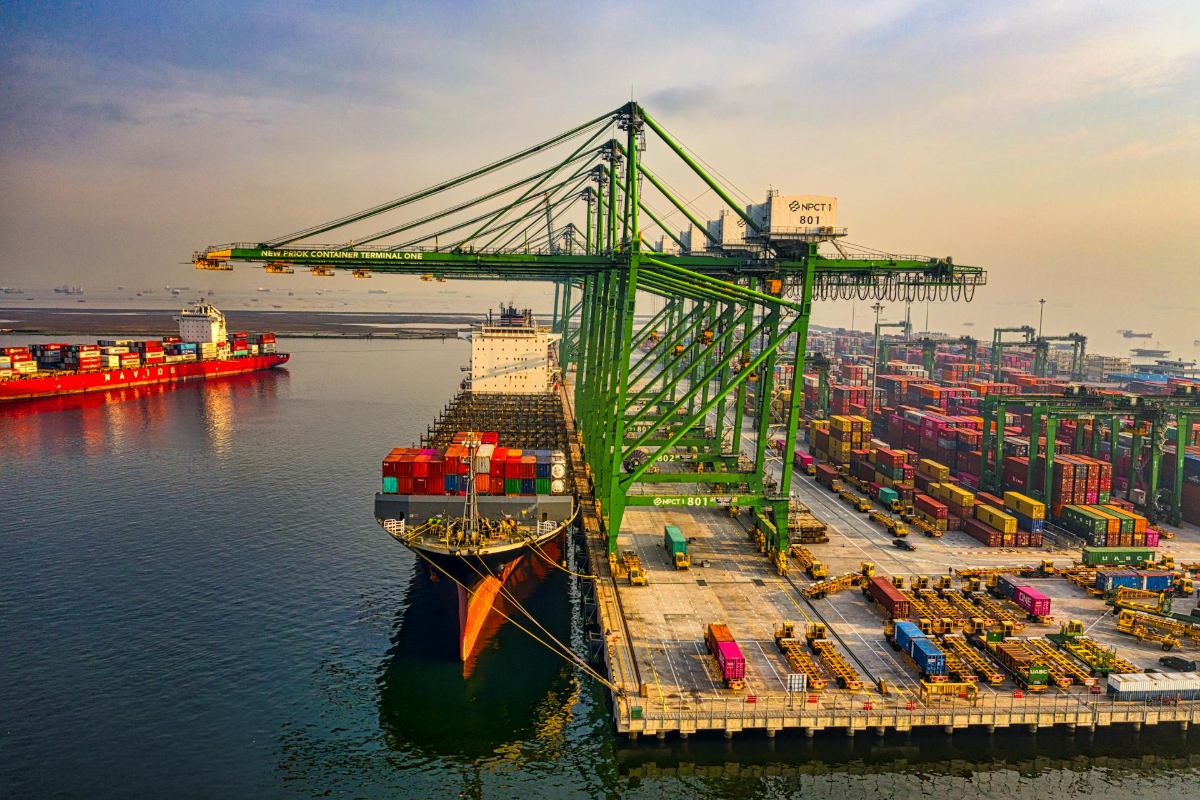How Vietnamese businesses can navigate the newest US tariff reality
Vietnamese businesses face a major challenge as new US tariffs could reach 46%. RMIT lecturer Dr Scott McDonald says that to stay competitive, firms must rethink markets, supply chains, and strategies fast.
Vietnam and the US tariff shock: What’s next for the economy?
As the US pivots sharply toward protectionism under the second Trump administration, Vietnam finds itself at the epicentre of a trade policy earthquake.
Governing AI with ethics and law to guide Vietnam’s evolving future
Ethical and legal questions regarding AI rights are becoming increasingly pertinent with the rapid advancement of this technology, especially as Vietnam accelerates its digital transformation and AI adoption.
Bánh Mì: Shaping the future of Vietnam’s culinary icon
With further innovations, the Bánh Mì Festival can enhance the global standing of Vietnamese cuisine’s richness, diversity, and artistry. RMIT academic Dr Daisy Kanagasapapathy explains how.







